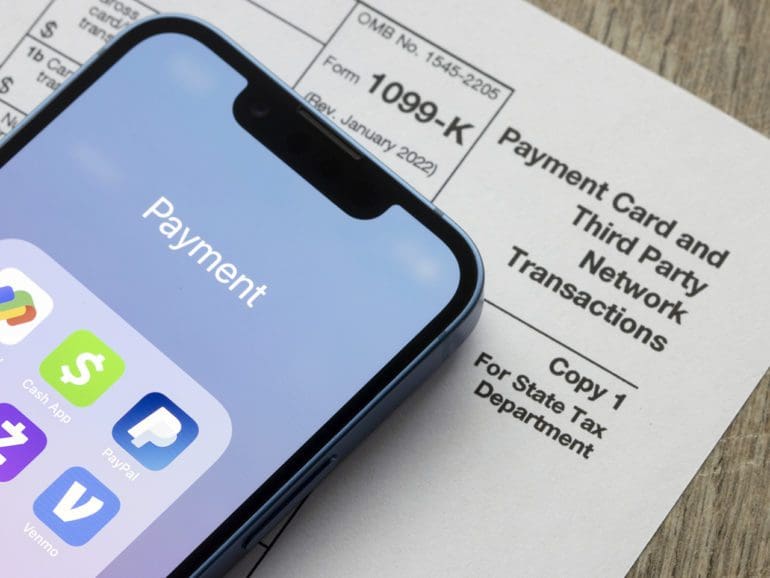Progress in open banking regulation in the region is paving the way for new business models to emerge in the wake of greater financial data integration and growing fintech infrastructure.
Last month, Uruguayan fintech Prometeo announced it would offer A2A payments in Latin America. An alternative already popular in some European countries, the startup argues that it will be the first of its kind in the region and will allow the API builder to expand internationally. Through A2A, Prometeo wants to connect merchants with users directly, removing intermediaries such as credit cards.
“It is an unprecedented product in the region, but widely used in countries such as the United Kingdom and the Netherlands,” Ximena Aleman, CEO, and Co-founder at Prometeo, told Fintech Nexus. “With A2A services, you can transform your bank account into your own payment gateway without intermediaries. We are convinced that this is the next step in open banking in Latin America.”

Certainly, the idea of moving funds from one account to another is not exactly new. But it is usually raised as a bank transaction (such as automated debit cards). With open banking, though, they could gain greater relevance as an alternative digital payment method. However, the development of data-sharing frameworks in Latin America, together with instant payment systems such as Pix in Brazil, offers a whole new range of possibilities for online transactions.
No need for middle man
Essentially, A2A removes the need for a third-party middle man such as a credit card, as it links two accounts on a specific transaction. Simply put, an Account-to-Account payment transfers money directly from the client’s virtual or bank account to the merchant’s account. This way, customers can pay directly from their bank account using merchants’ apps, potentially reducing fees.
In the United Kingdom, A2A payments rely on national clearing systems. In the case of Prometeo, the startup argues that such payments will be processed along the rails of financial institutions. Altogether, A2A supporters argue that it will reduce friction and deliver at a much lower cost.
Related:
“Payment methods today in Latin America are largely based on credit card networks,” Aleman said. “The big problem is that it has many intermediaries, and therefore, commissions are high, and the money is not made instantly available to the recipient.”
Through A2A services, she argues, Latin American merchants will face “significantly lower” transaction costs. When paying online, the user will pick a bank account on a widget embedded by Prometeo on the site. The user will then initiate the transaction, and once confirmed by the bank, and the payment will flow directly to the merchant{s account and is credited instantly.
“Our main objective is to create an open and connected financial market, thanks to the development of our APIs,” Aleman said.
Global increase expected
Analysts expect a global increase in use cases for A2A payments as Open Banking takes a firmer hold. According to Juniper Research, transactions facilitated by open banking are expected to hit a value of $116 billion globally by 2026 from just $4 billion in 2021.
Globally, exponents of the A2A sector are obtaining financing. Earlier this year, Great Britain added another fintech unicorn to its list when open banking startup GoCardless took $312 million in Series G funding. In addition, Token raised
$40 million to grow A2A payments across Europe.
“As experience in markets such as the UK and Europe has shown, these models bring great benefits to both financial service providers and end users,” Pablo Viguera, Co-Ceo Co-Founder Belvo, said to Fintech Nexus. “In Latin America, Open Banking opens the door to improving financial inclusion. By making it easy for users to securely share financial information through APIs, the range of tailor-made services that can be shaped for them grows significantly.”


